Bangladesh in Crisis: Geopolitical Tensions, Environmental Challenges, and Political Unrest
CONFLICT
Kolkata: Much like Manipur, Bangladesh finds itself in a state of flux due to geopolitical tensions, environmental challenges, and political instability. As the country navigates a period of intense political turmoil, environmental distress, and complex geopolitical maneuvers, the stakes are high for its future.
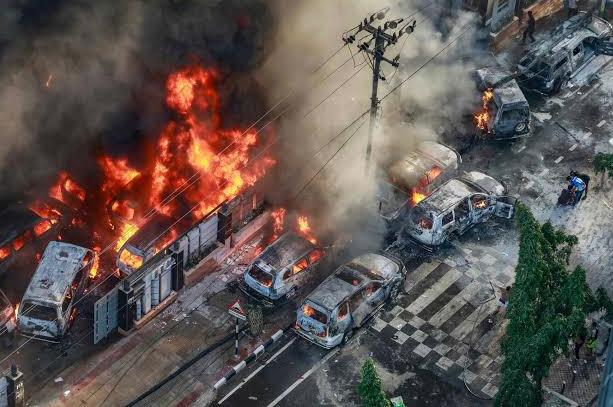

Despite wrapping up its general elections in January 2024, Bangladesh’s political landscape remains fraught with conflict and uncertainty. The ruling Awami League (AL), led by Prime Minister Sheikh Hasina, is facing fierce opposition from the Bangladesh Nationalist Party (BNP), which has accused Hasina of stifling democracy and assuming power through a rigged election. The BNP had demanded that elections be overseen by a neutral caretaker government to ensure fairness and transparency.
The recent and ongoing student protests over the 30% reservation for freedom fighters stem from fears that the reservation will gradually lead to a vote bank. What started peacefully turned violent, resulting in widespread protests and clashes with law enforcement. In recent weeks, hundreds of student activists have been arrested, and confrontations with police have resulted in at least 105 deaths and numerous injuries.
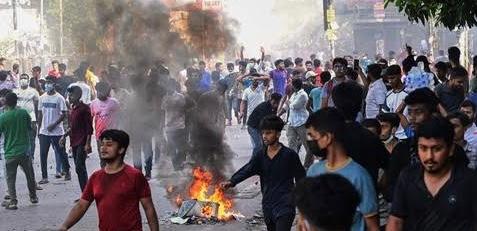

Sensing an opportunity to strike at the AL, the BNP has now decided to capitalize on the ongoing student protest. Violence has escalated amid suspicions that opposition forces like the BNP and Janata-E-Islami have infiltrated the ranks of the protesting students.
Political analysts suggest that there may be external influences at play, aiming to create opportunities to topple the AL government, which is staunchly opposed to certain strategic agendas.
In addition to political unrest, Bangladesh is grappling with severe environmental challenges. The country is enduring one of its worst heatwaves in history, with temperatures soaring between 40 and 42 degrees Celsius. This extreme heat has led to health crises, school closures, and widespread distress among the population. The heatwave underscores the country’s vulnerability to climate change and the pressing need for robust environmental governance. Despite efforts to establish a Heat Adaptation Plan, long-term strategies are crucial to address the systemic issues contributing to environmental degradation.
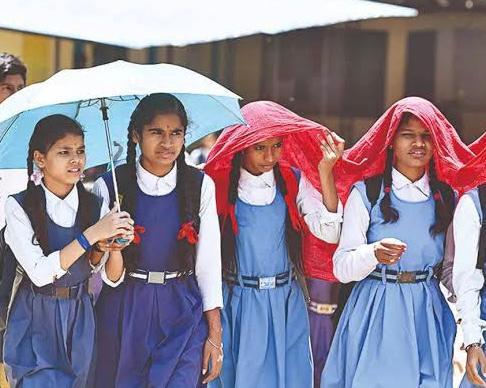



Amid these domestic challenges, Bangladesh is also a focal point of geopolitical interest. The country’s strategic location has attracted the attention of Western powers, particularly the United States, which is reportedly interested in establishing a military base in the region. This move is part of a broader strategy to counter China’s growing influence in South Asia. The presence of a U.S. military base would significantly alter the geopolitical dynamics of the region, potentially exacerbating tensions between global superpowers.




Furthermore, there are disturbing reports of a campaign to establish an independent Chin-Kuki country, allegedly supported by Western powers. This separatist movement, primarily active in the northeastern regions of India, Myanmar, and parts of Bangladesh, particularly the Chittagong Hill Tracts, aims to create a new nation-state for the Chin-Kuki ethnic group by amalgamating parts of Myanmar, India, and Bangladesh. The involvement of Western powers in this campaign adds a complex and potentially destabilizing dimension to the regional political landscape.
The political and environmental crises in Bangladesh are intertwined with broader geopolitical struggles, making the situation highly volatile. The international community’s involvement, particularly the strategic interests of Western nations, adds layers of complexity to Bangladesh’s internal affairs.
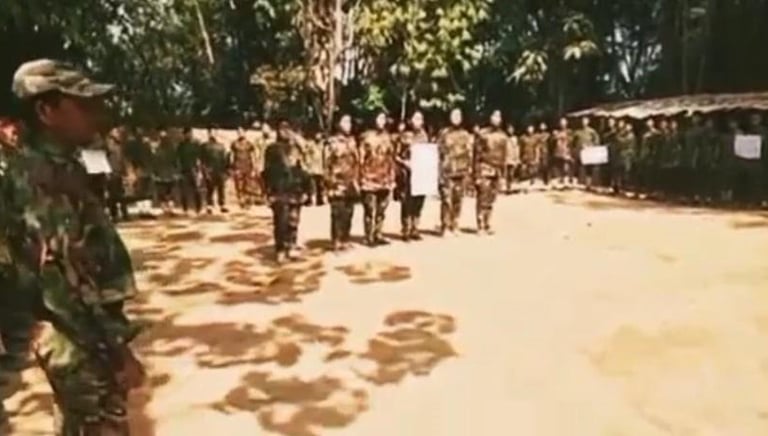

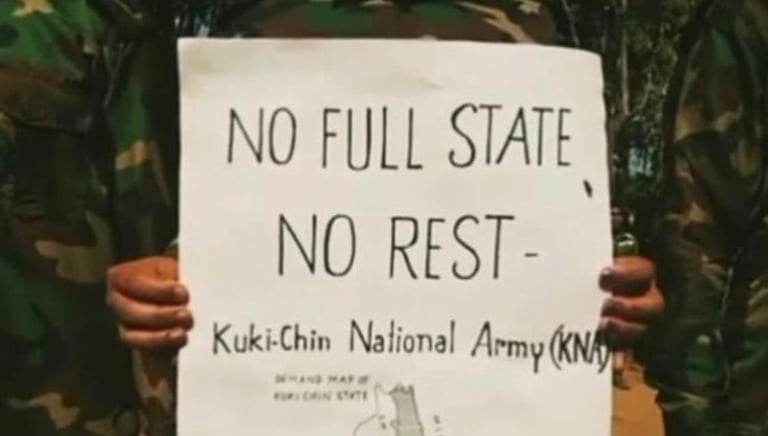

As the country approaches critical times in its history, the outcomes will not only shape its domestic future but also have significant implications for regional stability and international relations.
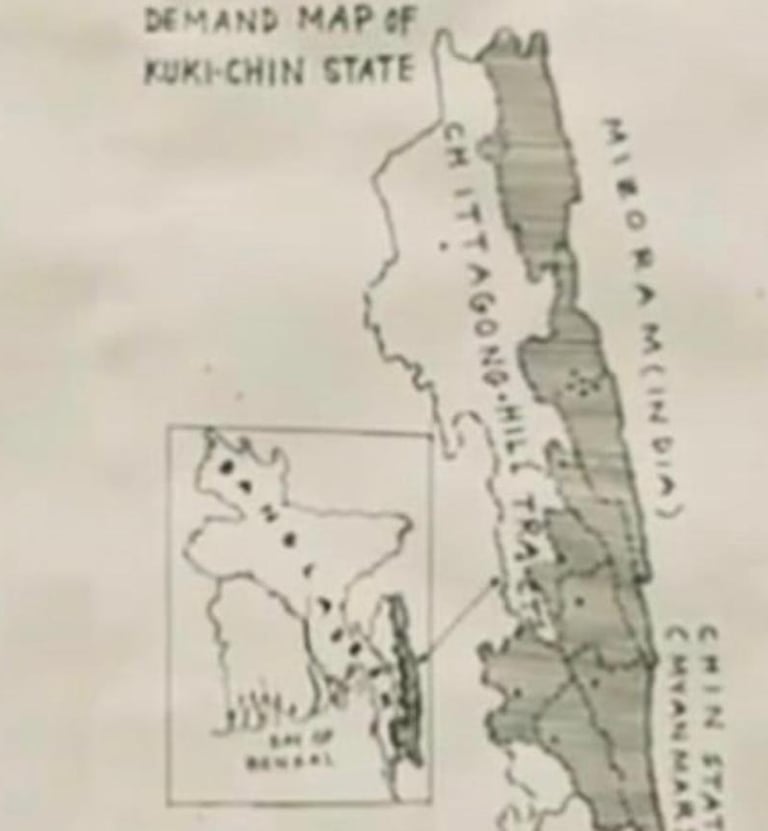

In conclusion, much like Manipur, Bangladesh stands at a crossroads, facing formidable challenges on multiple fronts. The interplay of domestic political unrest, environmental crises, and geopolitical maneuvers creates a precarious situation that demands careful navigation and robust responses from both national and international actors. The coming months will be crucial in determining the trajectory of Bangladesh’s political landscape and its role in the broader geopolitical context.
